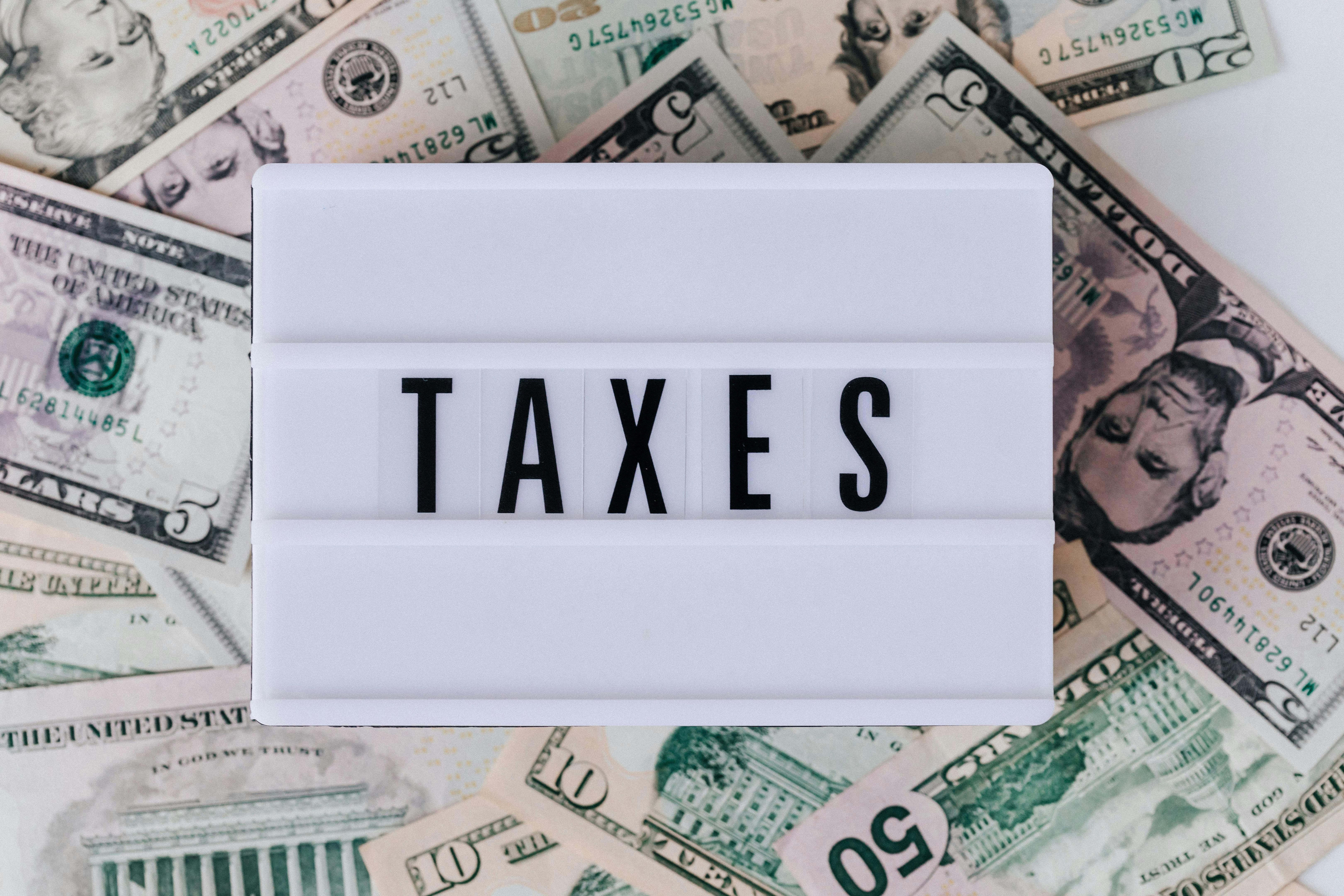How to Invest in Rental Properties in the USA

Why Rental Properties Are a Smart Investment
Rental properties are one of the most reliable ways to build long-term wealth. They provide monthly cash flow, property value appreciation, and tax advantages. In 2025, rental real estate in the USA continues to be an attractive option for investors seeking passive income and financial freedom.
Main Benefits
- Cash Flow: Monthly rental income helps cover mortgages and expenses.
- Appreciation: Properties tend to increase in value over time.
- Leverage: Mortgages allow investors to control assets with limited cash.
- Tax Breaks: Deductions on mortgage interest, property taxes, and depreciation.
- Inflation Hedge: Rent typically rises with inflation, protecting purchasing power.
Setting Investment Goals

Defining Your Strategy
Before purchasing rental property, it’s crucial to define your goals. Are you seeking immediate monthly income, long-term appreciation, or a balance of both? Understanding your objectives shapes the type of property and financing you should pursue.
Common Investment Goals
- Cash Flow Focused: Buy affordable homes in high-rent areas for steady income.
- Appreciation Driven: Invest in growing cities where property values rise quickly.
- Mixed Strategy: Combine stable rental yield with future appreciation potential.
- Retirement Planning: Build a portfolio of rentals that will pay off mortgages before retirement.
Case Example
An investor in Dallas purchased a duplex in 2018 for $240,000. By 2025, the property appreciated to $380,000 while producing $1,800 monthly rental income—meeting both cash flow and appreciation goals.
Choosing the Right Location

Why Location Matters
In real estate, the phrase “location, location, location” is timeless. The right neighborhood can mean the difference between a profitable rental property and a financial burden. Investors must study job markets, migration patterns, and rental demand.
Key Factors to Analyze
- Job Growth: Cities with expanding employment markets attract renters.
- Population Growth: A rising population fuels housing demand.
- Rent-to-Price Ratio: Higher ratios ensure strong returns.
- Crime Rates & Schools: Safe neighborhoods with good schools attract stable tenants.
- Amenities: Access to transit, shops, and healthcare boosts desirability.
Case Example
Investors who bought in Raleigh, NC in 2017 benefited from a booming tech sector and population influx. By 2025, property values rose over 70%, while rents increased steadily.
Types of Rental Properties to Consider

Main Property Types
- Single-Family Homes: Easy to manage and popular with long-term tenants.
- Multifamily Units: Duplexes, triplexes, and apartments offer multiple income streams.
- Vacation Rentals: Properties in tourist areas generate high seasonal income.
- Student Housing: Rentals near universities offer consistent demand.
- Commercial Rentals: Small offices or retail spaces diversify income sources.
Pros and Cons
Each property type has unique benefits and challenges. For instance, single-family homes are easier to finance, while multifamily units provide better scalability.
Case Example
An investor who bought a triplex in Chicago in 2020 now enjoys three rental incomes from one mortgage, maximizing ROI.
Financing Rental Properties

Financing Options in 2025
- Conventional Loans: Best for investors with strong credit and stable income.
- FHA Loans: Useful for house-hacking—living in one unit while renting the rest.
- Portfolio Loans: For investors financing multiple properties under one lender.
- Private & Hard Money Loans: Faster approval, ideal for flips or high-risk projects.
- HELOC (Home Equity Line of Credit): Use equity from your home to fund rental investments.
Down Payment Requirements
In 2025, most lenders require 20%–25% down on rental properties. However, FHA loans allow lower down payments if you live in the property.
Case Example
An investor in Phoenix used an FHA loan in 2019 to buy a duplex. By living in one unit and renting the other, the mortgage was fully covered by rent, building equity at no cost.
Analyzing Rental Yields and Cash Flow

Key Metrics to Track
- Gross Rental Yield: (Annual rent ÷ Property price) × 100.
- Net Rental Yield: Accounts for taxes, maintenance, and management fees.
- Cash-on-Cash Return: Annual cash flow ÷ Total cash invested.
- Cap Rate: Net operating income ÷ Property value.
Why These Metrics Matter
These calculations help investors avoid overpaying and ensure properties generate positive monthly cash flow rather than losses.
Case Example
A property in Memphis purchased for $150,000 with monthly rent of $1,400 delivers an 11% gross yield, making it a high-performing rental in 2025.
Property Management Strategies

Why Property Management Matters
Effective property management is the difference between a profitable rental and a costly headache. In 2025, U.S. investors focus on tenant quality, maintenance, and automation tools to optimize returns.
Key Strategies
- Tenant Screening: Run credit, background, and rental history checks.
- Regular Maintenance: Preventive care saves money long-term.
- Automated Rent Collection: Online payments reduce late fees.
- Clear Lease Agreements: Define responsibilities to avoid disputes.
- Professional Managers: Outsourcing to property managers improves efficiency.
Case Example
An investor in Orlando hired a property manager charging 8% of rent. Though it reduced net income slightly, occupancy stayed at 98%, ensuring higher long-term profits.
Tax Benefits of Rental Properties

Major Tax Advantages
- Mortgage Interest Deduction: Deduct interest paid on rental property loans.
- Depreciation: Spread out property value reduction over 27.5 years for tax savings.
- Maintenance & Repairs: Deduct costs of upkeep and improvements.
- Travel & Management Expenses: Deduct costs related to managing rentals.
- 1031 Exchange: Defer capital gains taxes by reinvesting into new properties.
Why This Matters
Rental real estate offers some of the most powerful tax shelters in the U.S. Investors who understand these deductions can significantly increase net profits.
Case Example
An investor earning $15,000 annually from rentals reduced taxable income by $6,000 through depreciation and expenses in 2024—saving thousands in taxes.
Risks of Rental Property Investment

Common Risks to Watch
- Vacancies: Empty units mean no cash flow while expenses continue.
- Unexpected Maintenance: Repairs like roof leaks or HVAC failures cut into profits.
- Tenant Issues: Late payments, evictions, or property damage.
- Market Downturns: Falling property values reduce appreciation potential.
- Regulatory Risks: Changing landlord-tenant laws or rent control policies.
How to Mitigate Risks
Smart investors minimize risks by maintaining emergency funds, screening tenants carefully, diversifying locations, and insuring properties. A proactive approach keeps rental income stable even during downturns.
Case Example
An investor in San Francisco faced higher vacancy rates after strict rent control laws in 2023. By diversifying into Texas, they balanced risks and maintained profits.
Final Thoughts and Sources

Key Takeaways
- Rental properties provide cash flow, appreciation, and tax benefits.
- Location choice, financing, and property type determine profitability.
- Strong management reduces tenant and maintenance issues.
- Tax advantages like depreciation and 1031 exchanges increase ROI.
- Risks can be minimized with diversification and long-term planning.
Final Recommendation
In 2025, U.S. rental property investment remains a powerful wealth-building tool. With the right strategy—clear goals, smart financing, and effective management— investors can achieve financial independence and long-term security.
